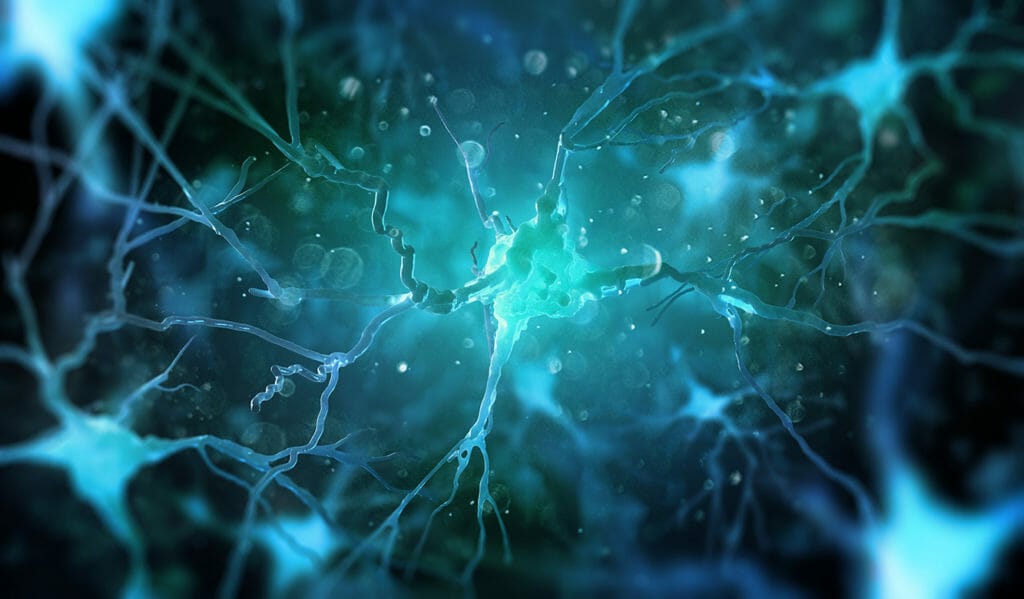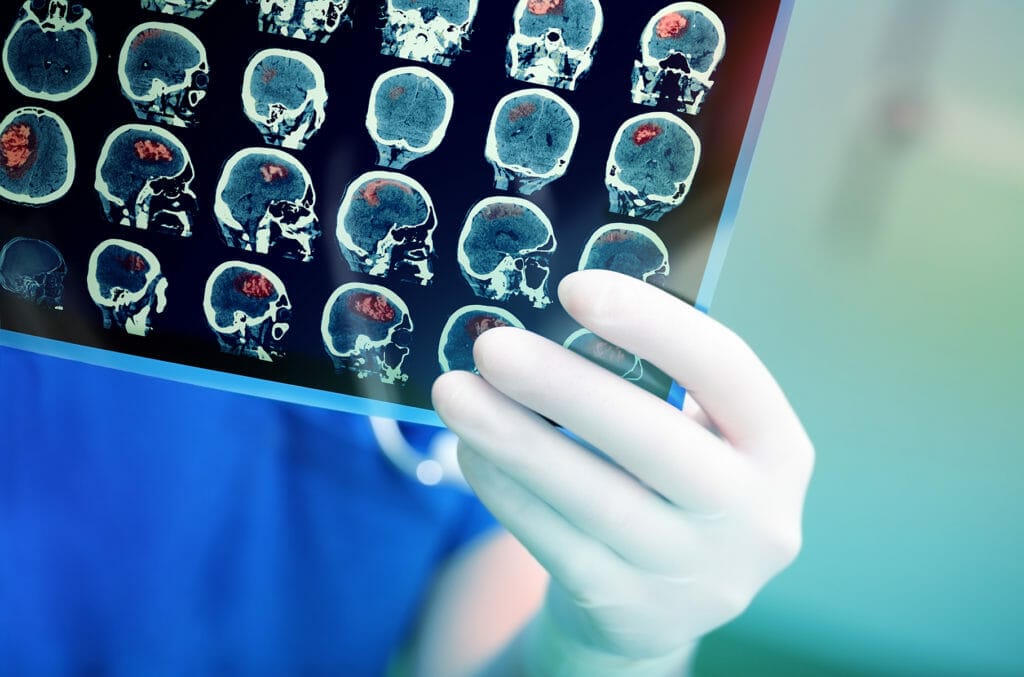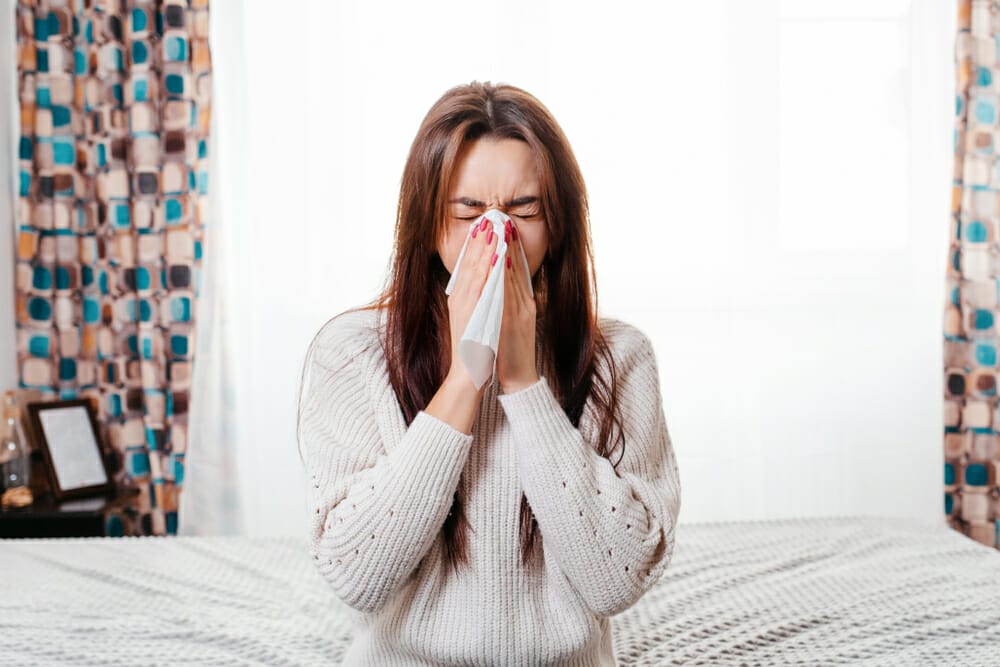Mental health problems could be more common than you think, with 1 in 4 people in the UK experiencing a mental health problem each year. According to statistics, it’s not necessarily that more people are being diagnosed with a mental health problem, but that more people are opening up about having one. Mental health is becoming less and less of a taboo topic, enabling people to feel more comfortable talking about it.
Nutrition In Mental Health
In recent years, the correlation between mental health and what we eat has become an increasingly popular topic. You may think it strange that nutrition can have such an effect on your mental health, but studies have shown nutrition to be just as important in keeping your mind healthy as well as the rest of your body.
The term ‘you are what you eat’ proves useful in this sense, for example, if you are eating a lots of foods that fall into the ‘junk foods’ category, you are less likely to feel energised and refreshed than if you were eating a well-balanced and nutritious diet.
Food and Mood
Changing your diet may help to improve your mood, give you more energy and help you think more clearly. It can be difficult to know what exactly to eat nowadays as advice seems to change so often, however, there are some tips/guidelines you can follow to get started:
- Avoid foods and drinks which make your blood sugar rise and fall rapidly such as sweets, biscuits and sugary drinks.
- be wary of portion sizes, instead of having a large lunch or dinner, try having smaller portions more regularly throughout the day.
- Breakfast is still referred to as the most important meal of the day. Eating a well-balanced breakfast gets the day off to a good start!
- Stay hydrated. Drinking plenty of water helps in many ways such as helping you to digest your food better and think more clearly.
- Try to get your 5-a-day! eating 5 different varieties of fruit and veg per day can help you get the right nutrients, vitamins and minerals you need, A portion is generally about a handful.
- Eat the right kinds of fats. Your brain needs fatty acids such as omega 3 and 6 to keep it working well, so rather than avoiding all fats, it’s important to ensure you’re getting the right kinds. You can find healthy fats in foods such as oily fish, poultry, nuts, seeds, some cheeses and milks.
To learn more about Depression & Anxiety, join Dr Elisabeth Philipps PhD BSc(Hons) BSc Nut. Med. on our upcoming ‘Depression & Anxiety’ webinar on Tuesday 26th November 2019
References
https://www.webmd.com/mental-health/news/20150820/food-mental-health#1
https://www.mind.org.uk/information-support/tips-for-everyday-living/food-and-mood/#.XclBzTP7SUk











